A numerical model helps scientists understand how particularities of different terrains affect the trajectory and behavior of dung beetles.
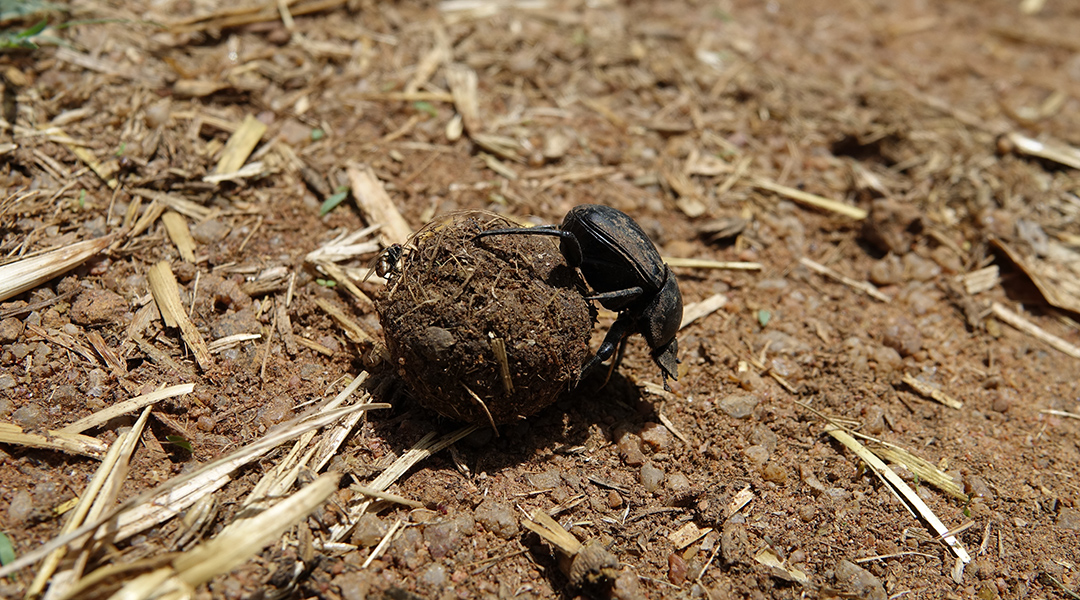

A numerical model helps scientists understand how particularities of different terrains affect the trajectory and behavior of dung beetles.
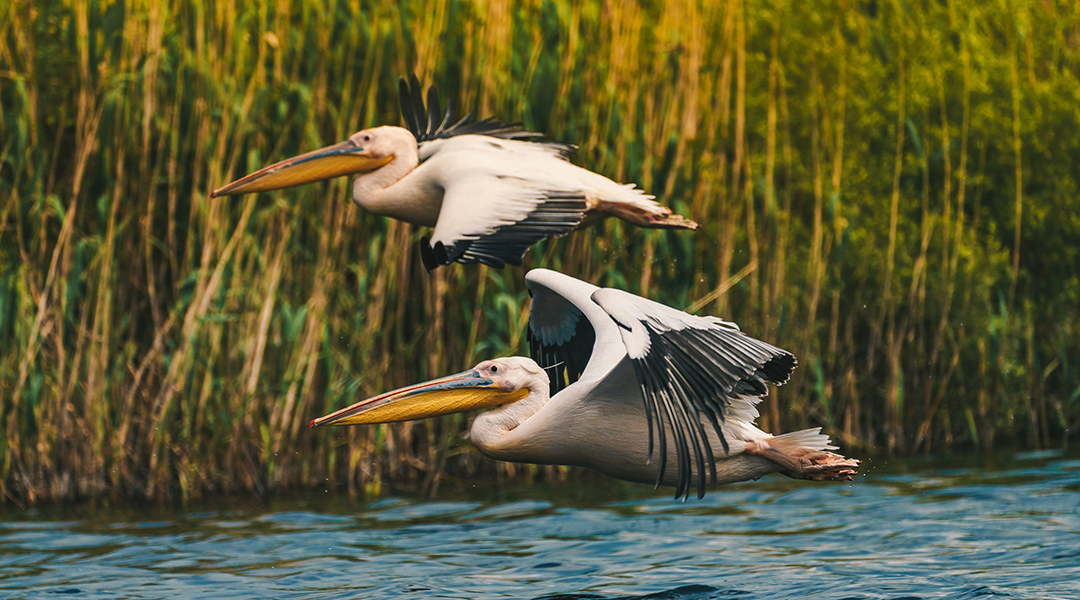
The colorful markings on birds’ wings act as signals to help them avoid perilously crashing into one another when flying in large groups.
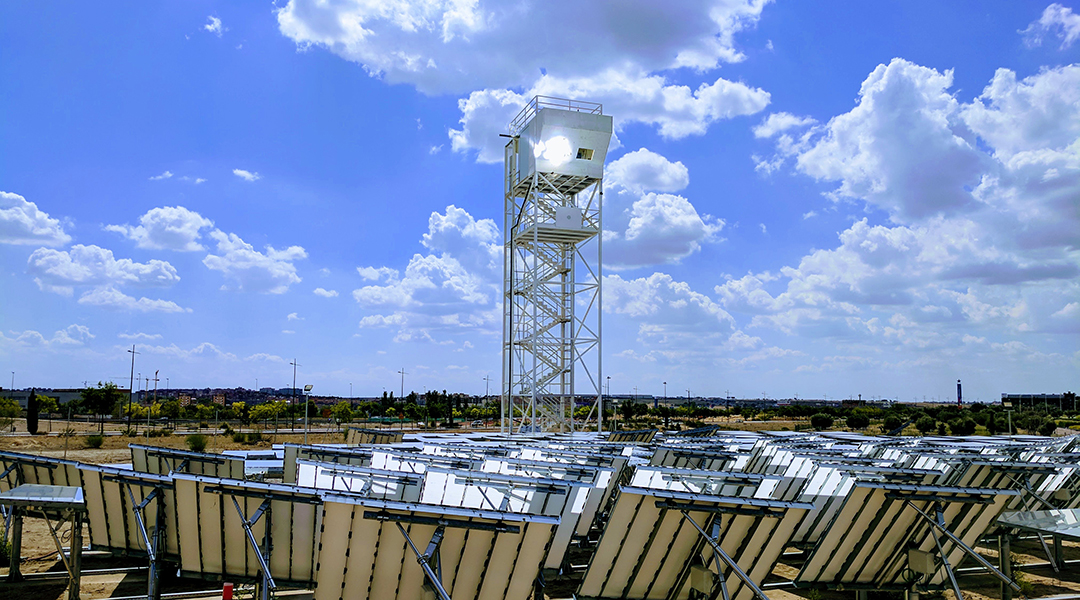
The production of kerosene directly from carbon dioxide and water promises to be a game-changer in the energy field.
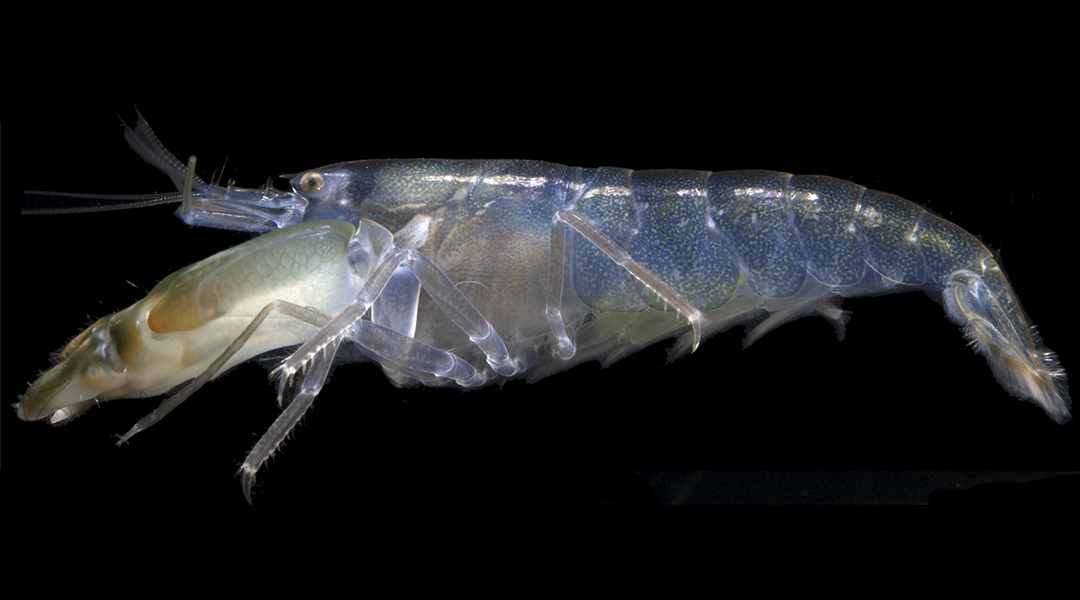
A natural orbital hood found in snapping shrimp deflects energy from shock waves they produce to kill prey and fight for territory.

For many, the Paris Agreement was a breakthrough, yet its focus on cooperation and joint action is not enough to tackle the climate crisis.

An MOF filters methane, nitrogen, and carbon dioxide from natural gas with record-breaking selectivity under practical conditions.
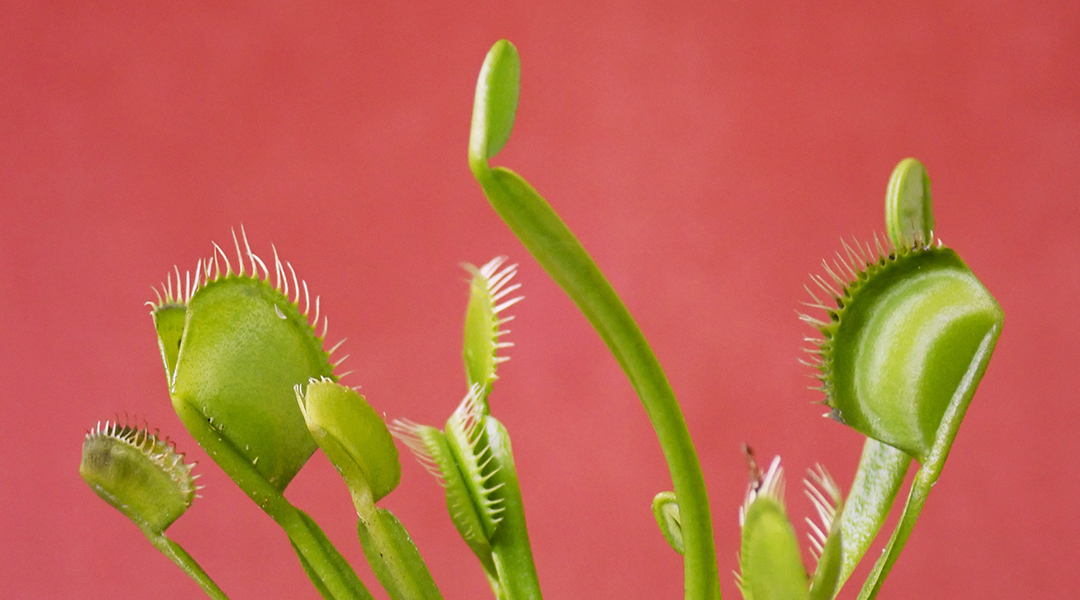
The reopening of the Venus flytrap may not always be smooth, and new research challenges our previous assumptions about its mechanics.

How big vats of sand could be a key to a sustainable future.
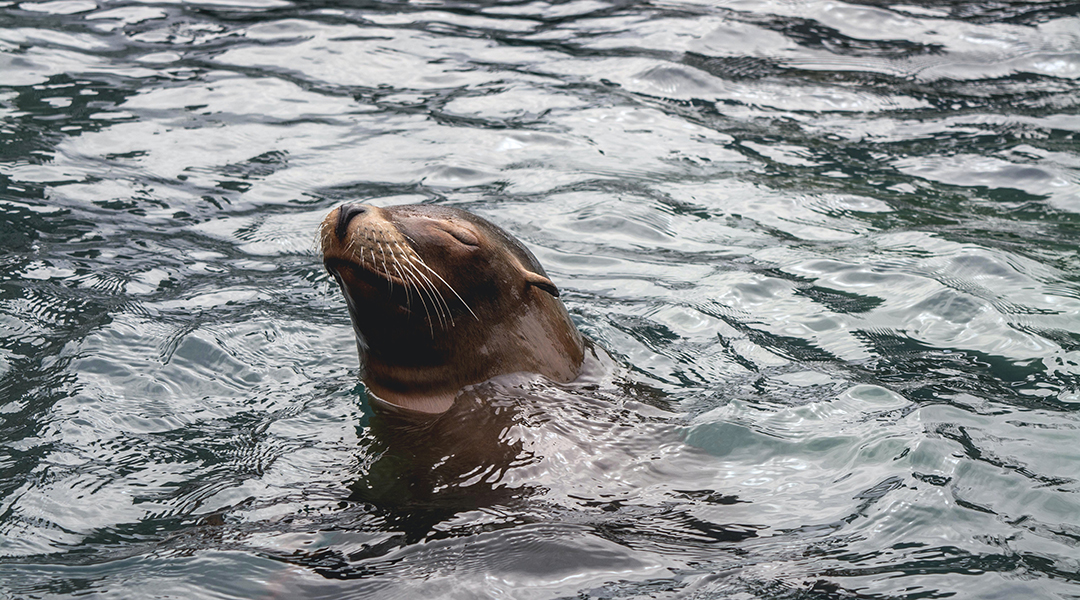
Scientists reveal the highly sensitive nature of seal whiskers, which enable them to hunt effectively even in poor visual conditions.
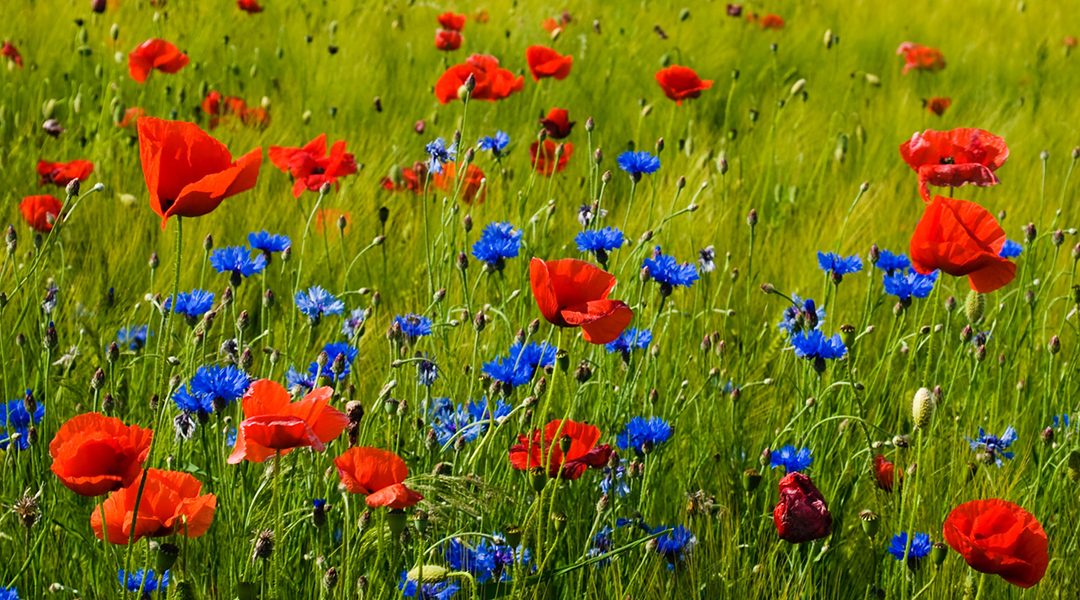
As plants evolved to live on land, so too did their immune systems, offering protection against dangerous fungi.